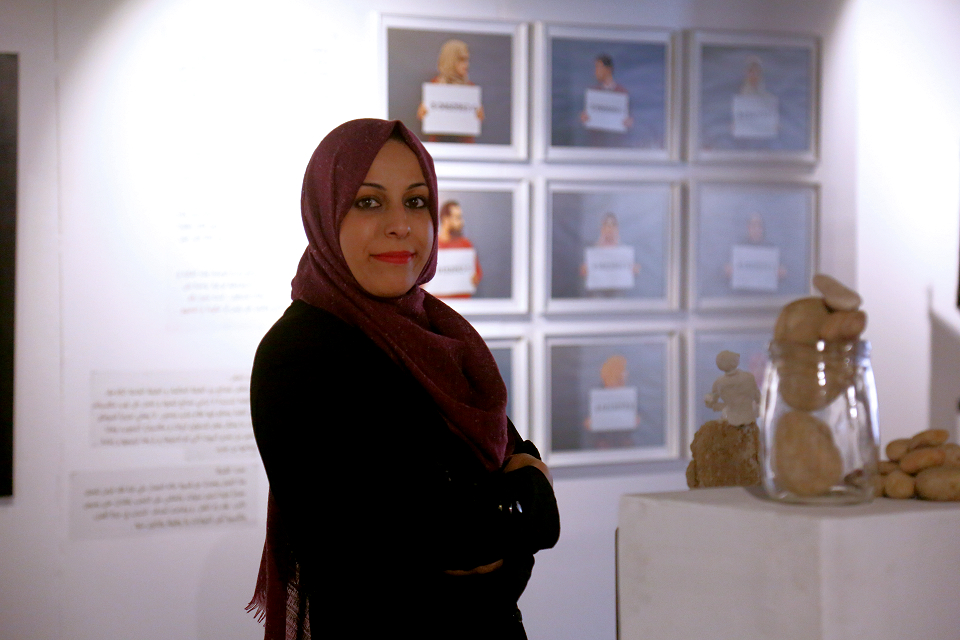Gender-based Mediation
Date:

Fawzya Alshami is a Palestinian journalist based in the Gaza Strip where she works at the Women’s Affairs Center, a knowledge and information center dedicated to women that plays a leading role in empowering women and advocating for their rights and achieving equality in the Palestinian sustainable development process. She is one of the 77 young women from the Arab States region participating in UN Women’s Young Women Peacebuilders Programme.
It is time to recognize the role of women, particularly young women, in peace negotiations, not just as a voice but as key human resource, allowing them to be part of the post-conflict transition process, so that they can shape a young and feminist future, characterized by gender equality, gender justice, and parity between women and men mediating peace and security processes.
In 2020, the United Nations Security Council adopted Resolution No. (1325), on Women, Peace and Security, to emphasize the role of women in conflict prevention and resolution and mediation in the peace-building process, promoting the importance of women’s equal participation in peacekeeping and security support in conflict areas, urging all parties to increase the participation of women and the integration of gender into the United Nations peace and security efforts.
Promoting the participation of women in the negotiation table is key to achieve the Sustainable Development Goals, building safe societies, and achieving lasting peace in both their countries and in conflict zones. Having the right to participate in mediation processes enables women to highlight important issues of gender-based violence, violence against women and its forms, as younger women were ranked among those most at risk of physical and/or sexual violance1. By appointing equal numbers of men and women in leading mediation roles of political life, we can create gender-based mediation.
Gender inequality in the political and civil spheres in the Arab world and gender-based discrimination are reinforced by customs, traditions and patriarchal views, that exclude women from mediation processes or limit them to play minor roles in peacemaking.
It is worth noting that women have qualitative and substantial achievements in all areas that deserve recognition and attention. These achievements don’t speak only for women’s rights, but fight for human rights, equality, dignity and good governance against corruption, therefore, efforts must be done to support the increase of their participation in higher decision-making bodies.
The outbreak of the novel Coronavirus in the world has contributed to the digitalization of mediation processes by opening online spaces that created new ways to participate in mediation. This did not accelerate the inclusion of women in mediation processes, instead, it revealed new challenges represented in the inequalities of the gender digital divide, giving women less access to peace processes and limiting their participation further.
To create a future generation of women mediators who advocate for gender issues and women’s rights, women must be included in mediation processes, as they are as capable as men of communicating their needs. This will bring positive change and contribute to integrating gender equality and parity of opportunities in mediation processes, in addition to enabling women to make progress in the peace agenda from a gender perspective. Women are not only a voice, they represent the voices they bring to the negotiation table. Outdated norms must be confronted, and patriarchal norms must be challenged, to ensure the equal and gender-based participation of women and men in peace and mediation processes.
----------------------
1Study: One third of the world’s women have experienced physical and sexual violence https://news.un.org/en/story/2019/11/1052041